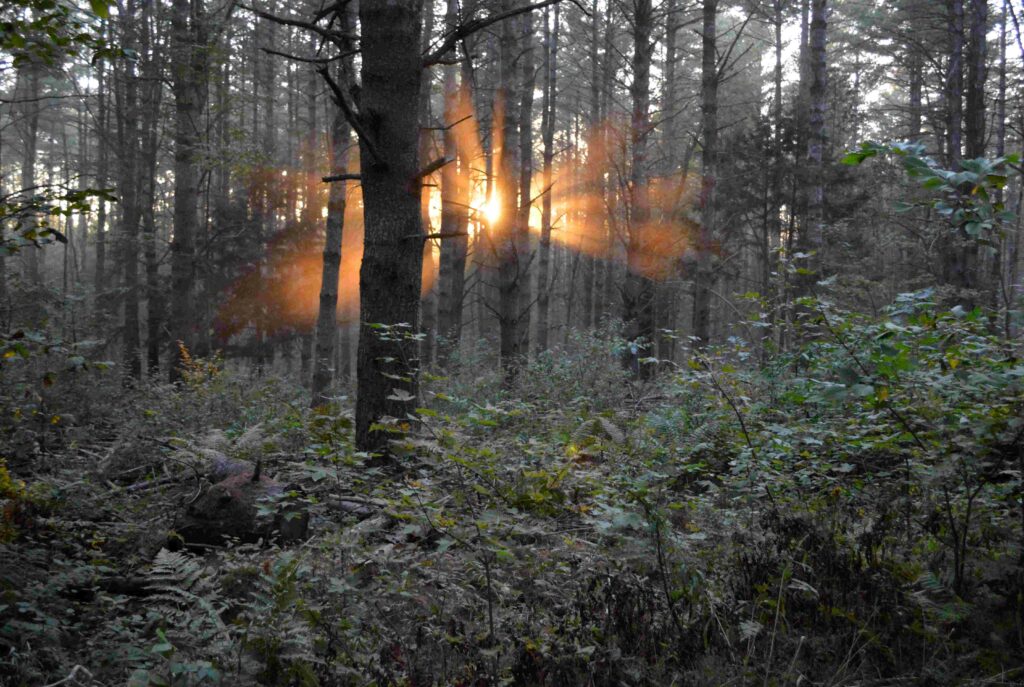Low-Impact Forestry
Low-Impact Forestry Workshops
The LIF program hosts workshops year round covering all sorts of forestry-related topics from logging with draft animals to home firewood production. The LIF staff also participate in collaborative logging projects that explore creative forest management and contracts that benefit both landowner and logger. Learn more about our chainsaw safety courses.
Upcoming Events
Mushroom Log Inoculation
April 20 @ 10:00 am - 1:00 pmWood Banks & Fuel Poverty in Maine
May 9 @ 6:00 pm - 8:00 pmForestry Financial Incentives and Assistance
May 16 @ 6:30 pm - 8:00 pmAssisted Migration: Nursery Beds and Forest Planting
May 18 @ 9:00 am - 2:00 pmEnvironmental Ethics in Running a Logging Business
June 13 @ 7:00 pm - 8:00 pm


